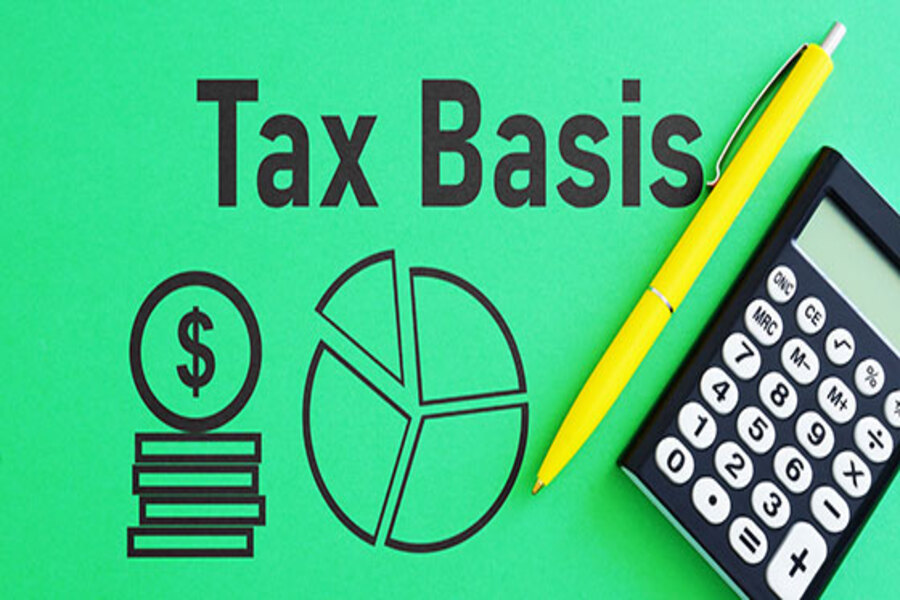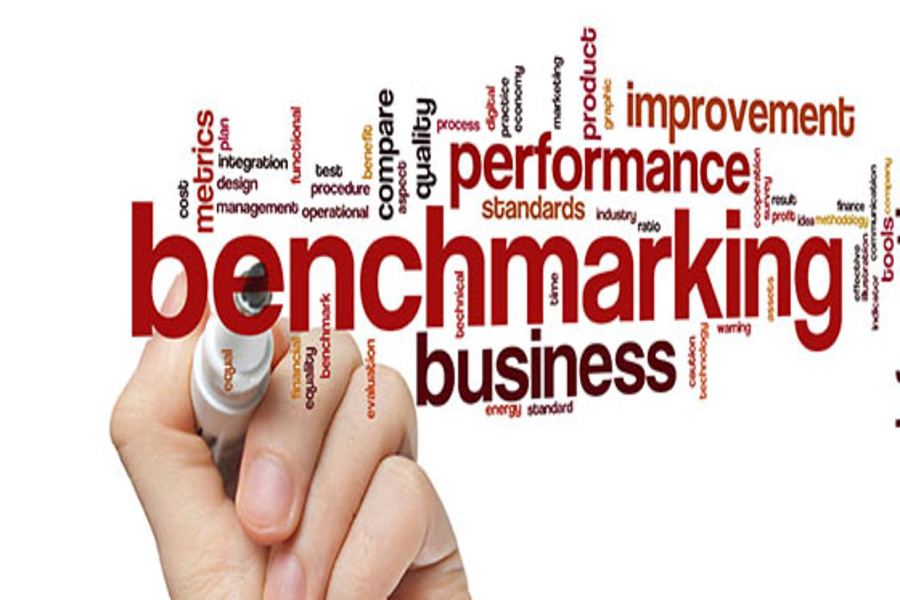If you’re the owner of an incorporated business, you know there’s a tax advantage to taking money out of a C corporation as compensation rather than as dividends. The reason: A corporation can deduct the salaries and bonuses that it pays executives, but not dividend payments. Therefore, if funds are paid as dividends, they’re taxed twice, once to the corporation and once to the recipient. Money paid out as compensation is only taxed once — to the employee who receives it. However, there are limits to how much money you can take out of the corporation this way. Under tax law, compensation can be deducted only to the extent that it’s reasonable. Any unreasonable portion isn’t deductible and, if paid to a shareholder, may be taxed...

A common question for people planning their estates or inheriting property is: For tax purposes, what’s the “cost” (or “basis”) an individual gets in property that he or she inherits from another? This is an important area and is too often overlooked when families start to put their affairs in order. Under the fair market value basis rules (also known as the “step-up and step-down” rules), an heir receives a basis in inherited property that’s equal to its date-of-death value. So, for example, if your grandfather bought shares in an oil stock in 1940 for $500 and it was worth $5 million at his death, the basis would be stepped up to $5 million for your grandfather’s heirs. That means all of that gain escapes income taxation forever! The...
The starting point for a business valuation is generally the subject company’s financial statements. Here’s an overview of how historical financial statements can serve as the basis for a valuation professional’s conclusion under the cost, income and market approaches. Cost (or asset-based) approach Because the balance sheet identifies a company’s assets and liabilities, it can be a reliable source of financial information, especially for companies that rely heavily on tangible assets (such as manufacturers and real estate holding companies). Under U.S. Generally Accepted Accounting Principles (GAAP), assets are recorded at the lower of cost or market value. So, adjustments may be needed to align an item’s book value with its fair market value. For example, receivables may need to be adjusted for bad debts. Inventory may include obsolete...
If your business occupies substantial space and needs to increase or move from that space in the future, you should keep the rehabilitation tax credit in mind. This is especially true if you favor historic buildings. The credit is equal to 20% of the qualified rehabilitation expenditures (QREs) for a qualified rehabilitated building that’s also a certified historic structure. A qualified rehabilitated building is a depreciable building that has been placed in service before the beginning of the rehabilitation and is used, after rehabilitation, in business or for the production of income (and not held primarily for sale). Additionally, the building must be “substantially” rehabilitated, which generally requires that the QREs for the rehabilitation exceed the greater of $5,000 or the adjusted basis of the existing...
Once you file your 2022 tax return, you may wonder what personal tax papers you can throw away and how long you should retain certain records. You may have to produce those records if the IRS audits your return or seeks to assess tax. It’s a good idea to keep the actual returns indefinitely. But what about supporting records such as receipts and canceled checks? In general, except in cases of fraud or substantial understatement of income, the IRS can only assess tax within three years after the return for that year was filed (or three years after the return was due). For example, if you filed your 2019 tax return by its original due date of April 15, 2020, the IRS has until April 15,...
Recently, the Financial Crimes Enforcement Network (FinCEN) told U.S. financial institutions to exercise caution when processing paper checks because they might be fake. Paper checks? Didn’t those go the way of the dodo? Jokes aside, electronic transfers have indeed replaced paper checks for many consumer and business payments. Yet paper checks are still used at many businesses and check fraud has been increasing. According to FinCEN, banks reported 680,000 check fraud incidents in 2022, almost double those reported in 2021. The U.S. Postal Service has seen similar rises in mail theft, particularly a higher incidence of criminals breaking into collection boxes and robbing postal carriers to obtain paper checks. Even if your business conducts most financial transactions electronically, you should protect against possible check fraud. Why thieves like...
If you’re thinking about setting up a retirement plan for yourself and your employees, but you’re worried about the financial commitment and administrative burdens involved, there are a couple of options to consider. Let’s take a look at a “simplified employee pension” (SEP) or a “savings incentive match plan for employees” (SIMPLE). SEPs are intended as an attractive alternative to “qualified” retirement plans, particularly for small businesses. The features that are appealing include the relative ease of administration and the discretion that you, as the employer, are permitted in deciding whether or not to make annual contributions. SEP involves easy setup If you don’t already have a qualified retirement plan, you can set up a SEP simply by using the IRS model SEP, Form 5305-SEP. By adopting and...
If you’re an art collector, you may wonder about the tax breaks available for donating a work of art to charity. Several different tax rules may come into play in connection with such contributions. Basic rules Your deduction for a charitable contribution of art is subject to be reduced if the charity’s use of it is unrelated to the purpose or function that’s the basis for its qualification as a tax-exempt organization. The reduction equals the amount of capital gain you would have realized had you sold the property instead of giving it to charity. Example: You bought a painting five years ago for $10,000 and now it’s worth $20,000. You contribute it to a hospital. Your deduction is limited to $10,000 because the hospital’s use of the...
Benchmarking — or comparing a company’s financials to those of industry peers and its own historical performance — can provide insight into future cash flows and operating risks. Business valuation professionals use the following types of benchmarks to assess company-specific risk and, in turn, a subject company’s expected return. Profitability Profitability metrics evaluate how much money the subject company earns from each dollar in revenue. For-profit companies need to earn enough to cover fixed and variable costs, but some may accept a loss on certain products to gain market share or lure customers. Common profitability metrics include: Gross margin [(revenue - costs of sales) / revenue], and EBITDA margin (earnings before interest, taxes, depreciation and amortization / revenue). Profit margin (net income / revenue) may be less relevant when...
When preparing your tax return, we’ll check one of the following statuses: Single, married filing jointly, married filing separately, head of household or qualifying widow(er). Filing a return as a head of household is more favorable than filing as a single taxpayer. For example, the 2023 standard deduction for a single taxpayer is $13,850 while it’s $20,800 for a head of household taxpayer. To be eligible, you must maintain a household, which for more than half the year, is the principal home of a “qualifying child” or other relative of yours whom you can claim as a dependent. Basic rules Who is a qualifying child? This is a child who: Lives in your home for more than half the year, Is your child, stepchild, adopted child, foster child,...
- 1
- 2
- 3
- 4
- 5
- 6
- 7
- 8
- 9
- 10
- 11
- 12
- 13
- 14
- 15
- 16
- 17
- 18
- 19
- 20
- 21
- 22
- 23
- 24
- 25
- 26
- 27
- 28
- 29
- 30
- 31
- 32
- 33
- 34
- 35
- 36
- 37
- 38
- 39
- 40
- 41
- 42
- 43
- 44
- 45
- 46
- 47
- 48
- 49
- 50
- 51
- 52
- 53
- 54
- 55
- 56
- 57
- 58
- 59
- 60
- 61
- 62
- 63
- 64
- 65
- 66
- 67
- 68
- 69
- 70
- 71
- 72
- 73
- 74
- 75
- 76
- 77
- 78
- 79
- 80
- 81
- 82
- 83
- 84
- 85
- 86
- 87
- 88
- 89
- 90
- 91
- 92
- 93
- 94
- 95
- 96
- 97
- 98
- 99
- 100
- 101
- 102
- 103
- 104
- 105
- 106
- 107
- 108
- 109
- 110
- 111
- 112
- 113
- 114
- 115
- 116
- 117
- 118
- 119
- 120
- 121
- 122
- 123
- 124
- 125
- 126
- 127
- 128
- 129
- 130
- 131
- 132
- 133
- 134
- 135
- 136











